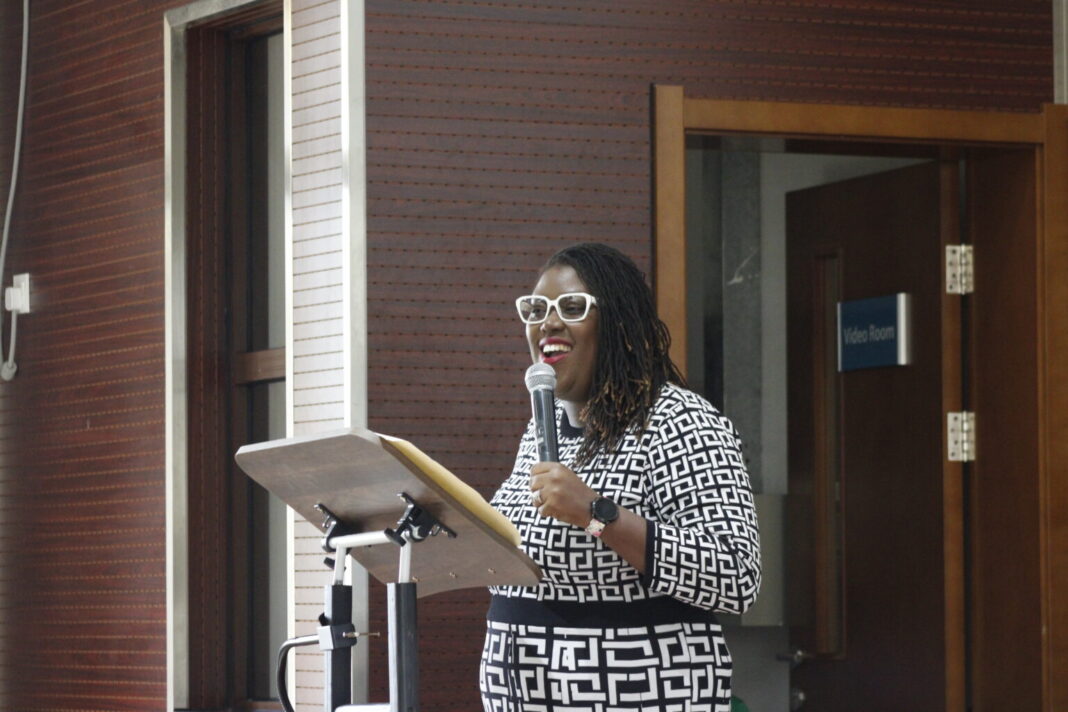Membership is not about transactions; it’s about responsibility and relationship. It’s not about people standing up for you because you make a payment, but a dynamic relationship and collective duty,” declared First Vice President of the Antigua and Barbuda Union of Teachers, Robin Joseph-Nathaniel, during her feature address at the Antigua and Barbuda Public Service Association’s (ABPSA’s) 2025 Annual General Conference.
The ABPSA commenced its two-day conference yesterday, attended by members representing various government departments, at the Villa Community Centre under the theme “Empowering and Strengthening Membership through a Collaborative Effort.”
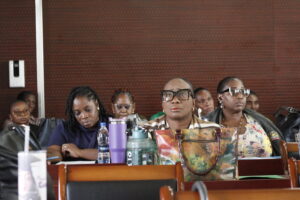
Joseph-Nathaniel emphasized that empowerment within union structures requires more than occasional workshops and conferences.
“The Oxford Dictionary defines empowerment as the process of becoming stronger and more confident, especially in controlling one’s life and claiming one’s rights so this is more than a talk shop, more than a feel-good moment or speech, more than a grand occasion.
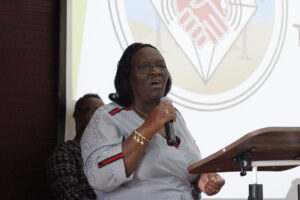
“Empowerment is an intentional, consistent act in ensuring that members have the skills, confidence, and awareness to be more than followers, but active owners of the union,” Joseph-Nathaniel stated.
The featured speaker detailed the distinction between numerical strength and effective collective action, challenging the notion that membership numbers alone translate to union power.
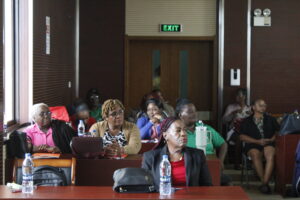
“Numbers alone cannot equal strength. A group of 10 people may have a greater potential to get something done than a group of four people, but if that group of 10 is not engaged, if they are not informed, they remain a statistic. But if the group of four people is mobilized, then that group is essentially stronger than the group of 10 people,” she explained.
The conference will focus on the work of the ABPSA throughout the past year, including financial reports and work advocating for the rights of civil servants.
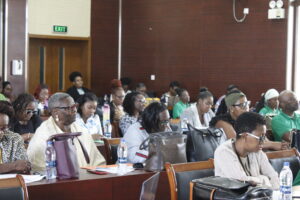
Meanwhile, ABPSA President Joan Peters highlighted the economic challenges facing public servants in the current climate.
“Workers in times of uncertainty have always been powerful when we stand together,” Peters stated. “We cannot strengthen our union without engaging our organization across industries and others who share in workers’ rights because we advocate more strategies that are representative of membership.”
Peters outlined the executive’s commitment to developing educational and leadership opportunities for the next generation of union leaders, describing this as essential for building a more inclusive movement that effectively represents all workers.
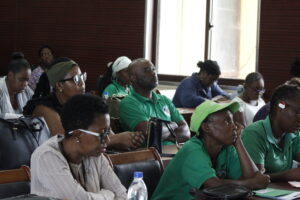
“It is our belief that when all members feel valued and invested, they become not just supporters of the union, but active participants in shaping its future,” she said.
She also issued a direct call to action for members to participate more actively in the union’s efforts.
“When meetings are called, you need to be present. When we ask for you to be present for industrial actions, be present … because at the end of the day, you are the ones who benefit,” Peters stated.
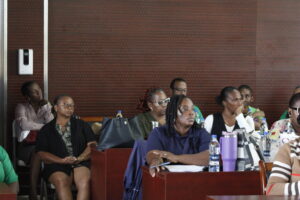
She also stressed the importance of unity in addressing the financial challenges many public servants currently face.
“Too many of us are being placed into red and blue corners and too many of us do not focus on the fact that at the end of the day, those who are a part of the administration, they have everything they need and we continue to struggle,” Peters said.

